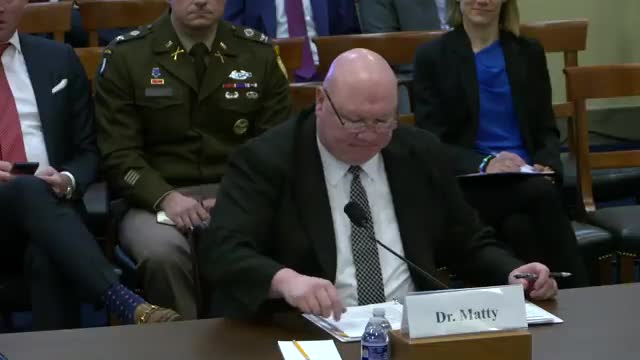Article not found
This article is no longer available. But don't worry—we've gathered other articles that discuss the same topic.

Lawmakers press DOD witnesses on Signal/TeleMessage reporting and OPSEC after public hacks

DOD witnesses stress Zero Trust, ICAM and cloud modernization as central to cybersecurity and data sharing

DOD CIO tells Congress lower-3 GHz band is "golden" for national security and must be protected

